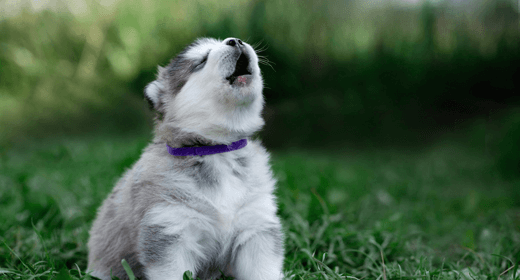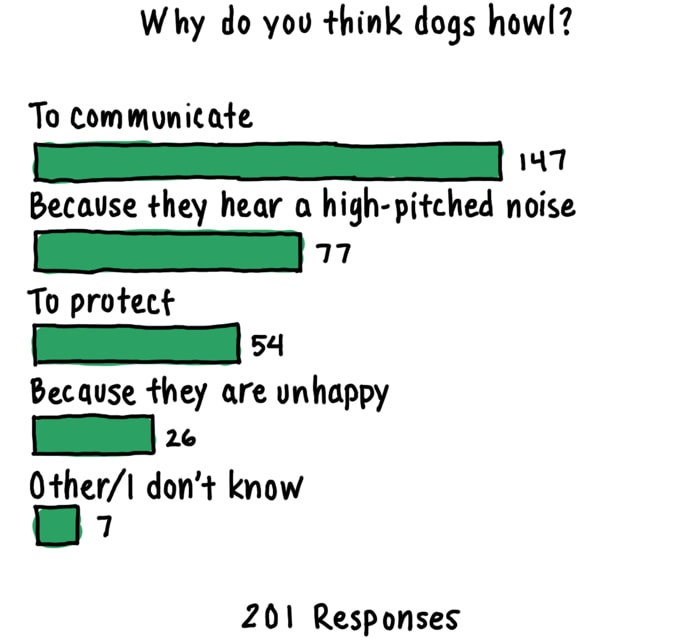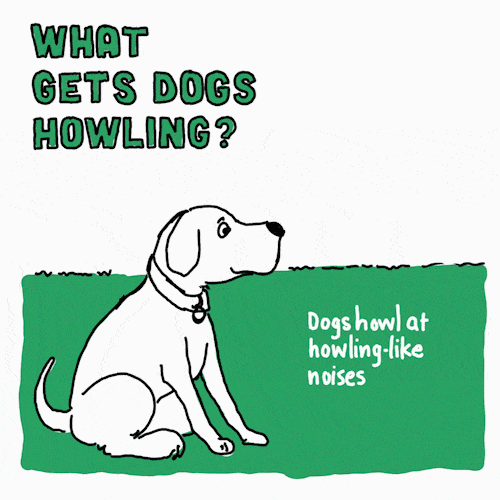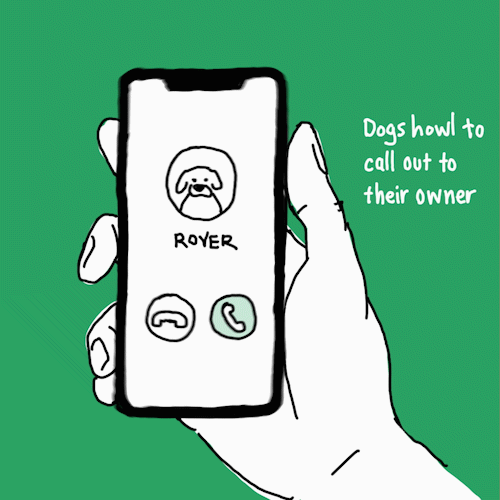

Just like humans, dogs too need constant care and support throughout their lifetime. We all know puppies need more attention and care; however, did you know? Adult dog health is also equally important. In fact, dogs’ health is the primary responsibility of every pet parent. Providing the right nutrition and health care largely contributes to your pooch’s health.
Keeping the four-legged angel away from the harmful pathogens, germs, and unhygienic surroundings is also a prime responsibility of every caregiver. A dog’s behavior, mood, and diet can say a lot about its baby’s health and fitness. Hence, as a dog parent, you must keep a close eye on your pet’s behavioral changes.
There are many signs that help pet caregivers keep a tab on their canine companion’s health. Given below are a few signs to look for to understand your dog’s health and fitness status:
Knowing about the symptoms of a sick dog helps caregivers identify and treat their pooch’s medical condition in time. Given below are a few signs and symptoms that might help you recognize any dog illness:
Maintaining your pet’s health is an essential part of caring for them. Visiting a vet is necessary for getting your pooch vaccinated and regularly checked. Veterinarian doctors also prepare diet charts and suggest health supplements for your dog depending on its health requirements. In conclusion, looking for signs of sickness and constantly inspecting your dog's physical and psychological well-being ensures that your furry friend is hale and hearty.
Heartworms, canine influenza, parasites, and leptospirosis are some common health issues faced by dogs.
If your dog shows no signs or symptoms of illness, eats well, rests enough, and is in a pleasant mood on most days, then your dog is more likely to be healthy.
A clean, shiny coat, healthy pink gum, smooth skin, and normal body temperature are a few signs of a healthy dog.


Every pet parent wants to know the meaning of dog howling. Now, we all know what howling sounds like - it’s a high-pitched sound that sounds like a doleful cry. However, many of us are still quite unaware of why do dogs howl. Well, here’s a fun fact: howling for dogs is genetic inheritance. It’s no news that dogs are closely related to wolves. Despite the difference in their sizes, wolves and dogs share around 99% DNA. However, heredity is not the only reason why dogs howl. So, what does it mean when a dog howls, and how can you handle your howling dog? You will find answers to such questions in this article.
To handle a howling dog, you first need to understand the reason why your pet is making this long, wailing noise. Here’s a look at some probable causes of dog howling.
Dogs feel stimulated by high-pitched sounds. Howling is their way of responding to fireworks, sirens, bells, and other noises. This type of howling starts as soon as they hear the shrill sound. As a pet owner, you don’t have to worry about this type of howling since it usually stops when the trigger sound does.
If a dog is excessively attached to you, they might experience separation anxiety. So, once your little companion learns that you won’t be around for a few days, they might start howling under stress and anxiety. If your dog howls every time you need to leave for a long period, it is a sign of hyper-attachment. You might have to treat their anxiety to manage this type of howling. And no, scolding them is not the right way of doing it.
A howling dog could also be seeking attention. And this type of dog howling can be bothersome. You might feel like scolding, questioning, or holding your furball, but you must do the exact opposite of it. Avoid giving your pet any type of attention. Don’t pamper or scold them.
Dogs can sense bad weather, earthquakes, diseases, and so much more. Hence, you cannot rule out the fact that a howling dog could also be trying to alert you of something. Maybe they feel a situation is not right for you or could cause you potential harm. Dogs can sense the intentions of a person through their facial expressions. That’s exactly why dogs howl at some people who try to get near you or your house.
Dogs are still very social animals; it’s just that now we are their pack. When they miss us, they will howl in hopes we respond. Dr. James Serpell, BSc, Ph.D., Professor of Humane Ethics & Animal Welfare at the University of Pennsylvania School of Veterinary Medicine, explains it this way: That [howling] is an attempt on the part of the dog to ask the owner, ‘Where are you so that I can rejoin you?’
Dr. James Serpell doesn’t believe so. “My own research has shown that it is common across breeds. People think huskies may be more prone to group howling.”
Dogs going through separation anxiety may howl excessively when left home alone. Dr. Jo Gale, BVetMed CertLAS MRCVS, Senior Manager for Global Science Advocacy at Waltham Petcare Science Institute, says, “If you reinforce quiet behavior, they are less likely to continue howling.” You can do this by quieting your dog and then leaving for a very brief time before returning and rewarding them when they stay quiet. Gradually increase the time you’re gone to reassure them you’ll always be back.
But what if your pawsome pet is howling due to other reasons? Let’s understand how to handle such situations:
As a pet parent, you must avoid reacting to the howling. This could encourage your dog to howl even more. If you avoid reacting, your dog will understand that howling won’t get their demands met. This might possibly work towards reducing this behaviour in the future.
Pamper your little companion when they do not howl on hearing a siren or bell. Give them attention and love when they are calm to encourage quiet behaviour. Always keep your pet’s favourite treats ready so you can let them know they have been a good boy or good girl by not howling.
If your pooch often reacts to high-pitched sounds, you can even get in touch with a dog trainer. They can work with your dog to change their response to triggering sounds like sirens and fireworks.
Note: Training your fur baby is a time-consuming process. Hence, stay consistent with the actions recommended above and your pet will learn to control their howling triggers.
If you're looking for the perfect dog for you, try our Dog Breed Selector today and enjoy a lifetime of tail-wagging joy.


